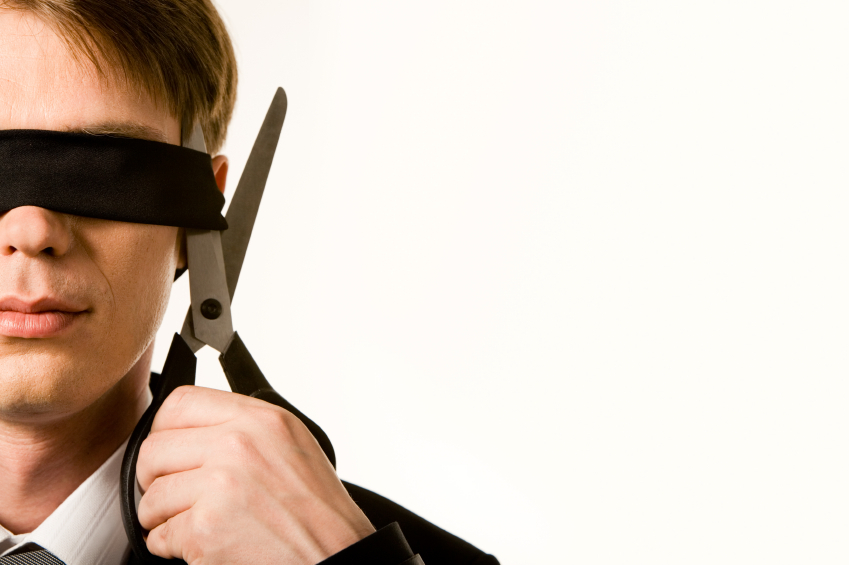Why true Corporate Responsibility is so difficult

Back in 1996, my partner, a friend and I went to see Blinded by the Sun, a play by Stephen Poliakoff set in a University. At its core is a supposed scientific breakthrough (loosely based on the ‘cold fusion’ affair 7 years previously) which would provide cheap clean energy and make everybody involved very rich, if only the scientist concerned could replicate the initial experimental success. As that ‘proof’ remains elusive, he and his colleagues start descending into more and more unethical behaviour with predictable results. Leaving the theatre the three of us, two engineers and a scientist, had a massive debate about professional ethics and confirmation bias – so passionate, a fellow audience stopped us and asked us a few questions about our views on it.
Yesterday, the inquiry into the UK’s infected blood scandal revealed its final, damning report into one of the biggest scandals of our time. Meanwhile the Post Office Horizon inquiry rumbles on in the background. And then there’s Grenfell, Hillsborough, Bloody Sunday, the list goes on…
Sometimes I get rather depressed about human nature in big organisations. We have clearly evolved to protect the tribe first and foremost when threatened, and ask questions later. While this makes complete sense when your rival tribe turns up at your cave bearing spears and clubs, in an industrialised society it can be catastrophic.
At the extreme end, think of the thousands or tens of thousands of ordinary people who facilitated the Holocaust – blindly doing the evil they were told to do. When I visited Auschwitz, it wasn’t the piles of victim’s prosthetic limbs or dentures that hit me hardest, but the technical drawings for the ovens – the draughtsmen who produced them must have been the epitome of ‘the banality of evil’. As an engineer who had cut my teeth producing technical drawings, I walked away with nagging questions in my head. What would I have done? Would I have spoken up? Would I have walked away?
We all like to think we’d be the Hollywood hero, the little guy who stands up for what is right no matter what, like the guy who designed in the weak spot on the Death Star or the soldier who makes a last stand to hold the attacking hordes at bay for a few minutes to allow their comrades to escape. History suggests there are precious few Oskar Schindlers and far too many drones doing what they’ve been told to do.
So what is the solution? One glimmer of hope is that modern inquiries appear to be more interested in the truth than shoring up the establishment – compare the recent Bloody Sunday inquest with the original Saville inquiry. More laws to make Directors more accountable for the organisations they run would also help. Many organisations now have whistleblower policies which not only protect people who speak out, but require employees to speak out about wrongdoing set the right tone, but who knows what difference they make in practice.
But fundamentally, we all have to take more personal responsibility to question what we are doing and recognise the spiral of confirmation bias that can lead us all to be blinded by the sun.

